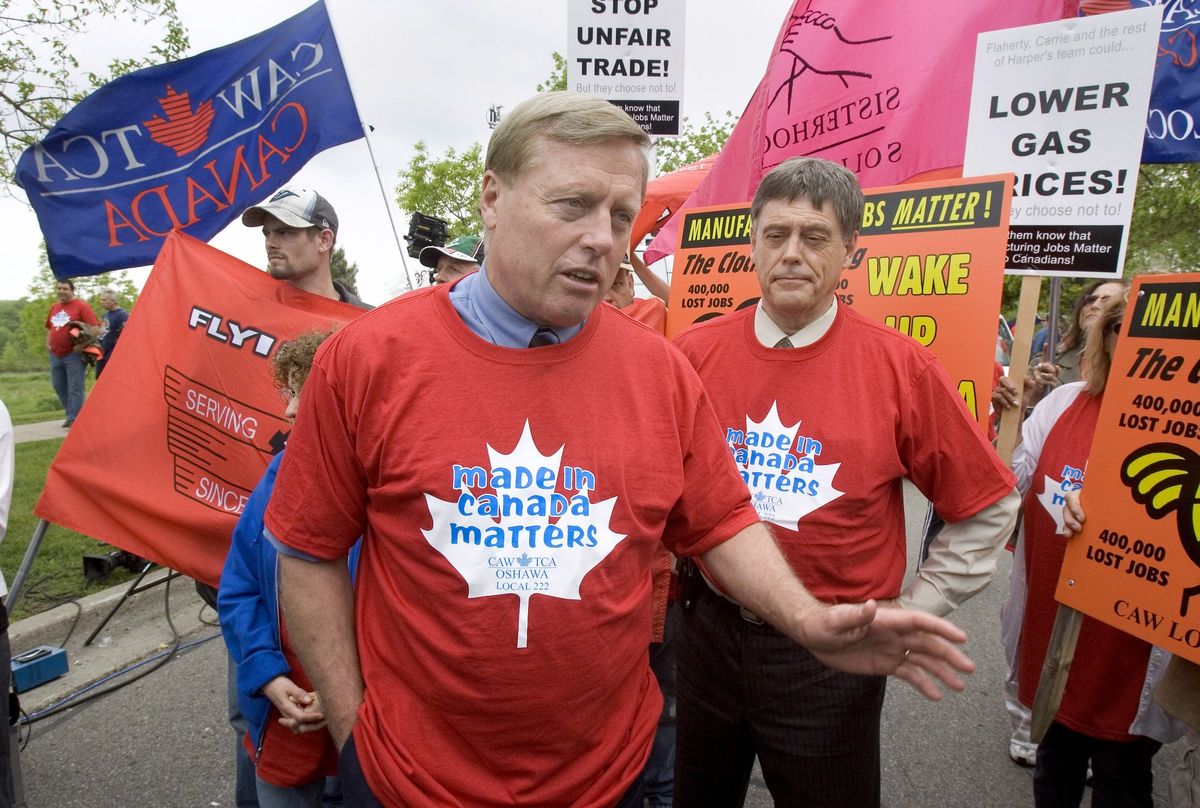Experts say the U.S. strike won’t initially have a significant effect on the Canadian market, but serious dangers are lurking. If the strike persists, or if new plants join, it could have a huge impact on the auto parts industry north of the border, costing Canadian companies billions in revenue.
The issue is that the US plants rely on Canadian suppliers for many of the auto parts and components they use. In fact nearly half of the auto parts that Canadian companies make are exported to the US. So if plants south of the border stay idle for long, demand for those Canadian-made parts will plummet. One Canadian auto parts industry leader is already warning of production delays and even work stoppages in Canada if the US strike goes on for long.
Meanwhile Ford earlier this week averted a similar strike by nearly 5,700 Canadian autoworkers by reaching an 11th hour tentative deal. But there’s still a longer-term threat to the job security of autoworkers on both sides of the border: the rise of EVs, which generally require less labor to manufacture, and automation, which is replacing workers with robots altogether. Taken together, those two things stand to reduce required labor hours and cause job losses over time.
Neither the Ford deal in Canada – nor any strike resolution in the U.S. – is likely to address that issue for auto workers in the long-run.
In short: no matter what, buckle up for more labor unrest in the auto industry on both sides of the border.






